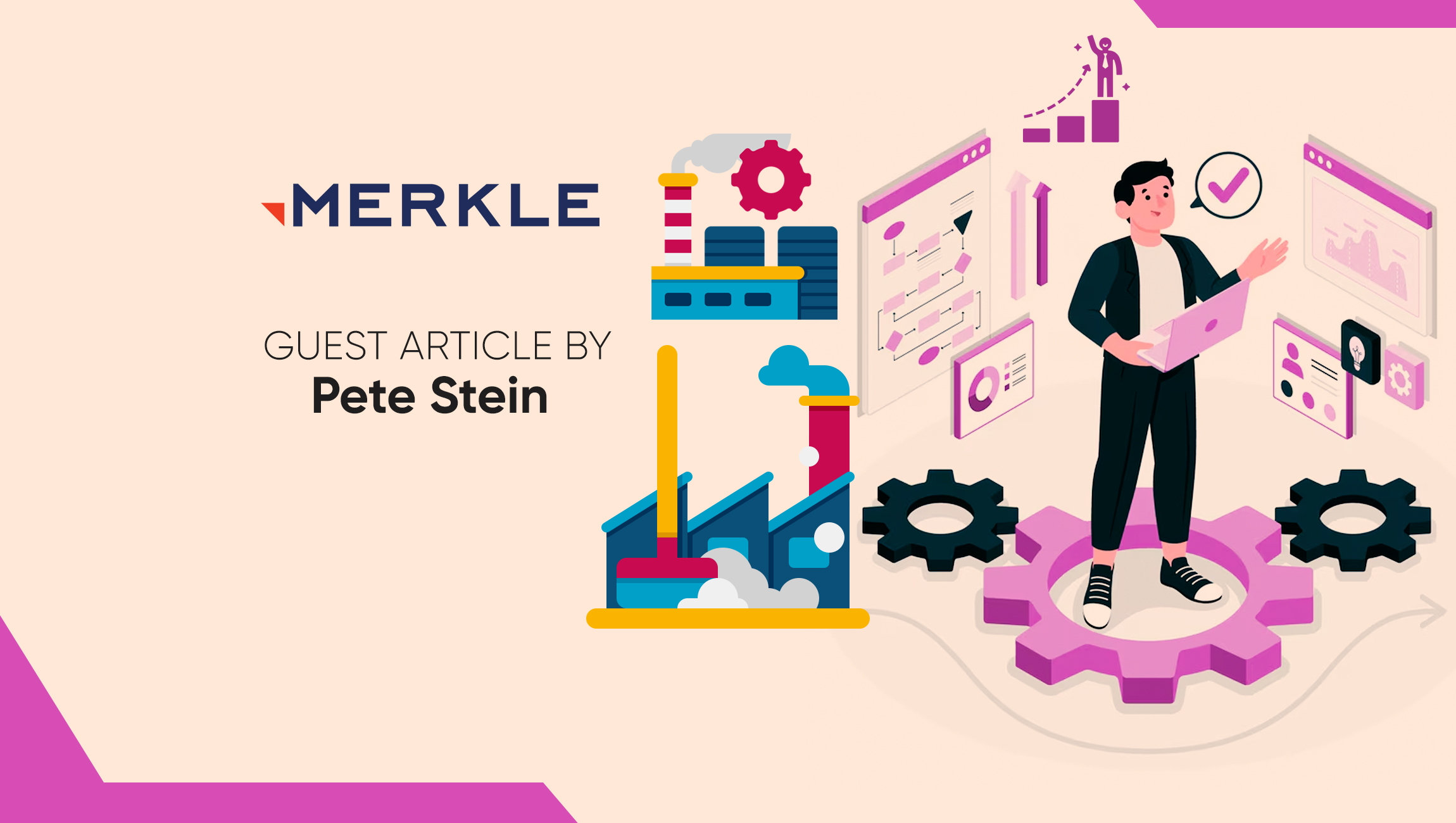In today’s competitive business landscape, lead generation and marketing automation emerge as a formidable duo, driving robust growth and efficiency. This synergy stems from their complementary functions. Lead generation focuses on identifying and cultivating potential customers, while marketing automation streamlines and personalizes the communication process.
Together, they enhance the precision and impact of marketing strategies. Marketing automation tailors content and timing to specific audience segments, boosting the effectiveness of lead-generation efforts. This strategic amalgamation not only maximizes resource utilization but also ensures a steady stream of qualified leads, propelling businesses toward sustained success.
The Rise of Automated Lead Generation
The landscape of lead generation is witnessing a significant transformation, increasingly driven by automation technologies. This trend marks a shift from traditional, manual approaches to more sophisticated, data-driven strategies. Automation tools are now adept at capturing and analyzing vast amounts of data, identifying potential leads with unprecedented precision. They enable businesses to engage with prospects through personalized communication at scale, a feat impractical with human intervention alone.
This automation not only enhances efficiency but also ensures a higher quality of leads, as it leverages advanced algorithms to target individuals most likely to convert. The result is a streamlined lead generation process, offering a higher return on investment and freeing up valuable resources for strategic planning and creative endeavors. In this era, businesses that embrace automation in lead generation are positioning themselves at the forefront of innovation and customer engagement.
Integrating Lead Generation with Marketing Automation: Navigating the Challenges
While integrating lead generation with marketing automation holds immense potential, it’s not without its challenges. Addressing these hurdles is crucial for businesses to reap the full benefits of this powerful combination.
1. Data Quality and Management:
Ensuring high-quality, accurate data is pivotal. Poor data can lead to ineffective targeting and communication, undermining the efficiency of both lead generation and marketing automation.
2. Alignment of Sales and Marketing:
A lack of synchronization between sales and marketing teams can result in a disjointed approach. Seamless collaboration is essential for a coherent strategy that leverages the strengths of both disciplines.
3. Understanding Customer Behavior:
Deciphering and predicting customer behavior is complex. Automation tools must be adept at interpreting this data to tailor personalized experiences effectively.
4. Technology Integration:
Integrating different technological platforms can be challenging. Seamless functionality across systems is required for effective lead generation and automation processes.
5. Maintaining Personalization:
Balancing automation with a personalized touch is tricky. Over-reliance on automation can make interactions feel impersonal, reducing engagement rates.
6. Compliance and Privacy Concerns:
Navigating the legal aspects, especially regarding data privacy and compliance with regulations like GDPR, is a significant concern. Violations can have serious legal and reputational repercussions.
Marketing Technology News: MarTech Interview with Alexandra Caceres, Head of Marketing for US @ Metricool
Creating a Seamless Union: Lead Generation Meets Marketing Automation
The confluence of lead generation and marketing automation is pivotal for modern businesses. When harmonized effectively, they can significantly elevate marketing efficiency and lead quality. Here’s how to ensure these two facets work in unison, propelling your business towards greater success.
1. Define Clear Objectives:
Establish specific, measurable goals for both lead generation and marketing automation. Understanding what you aim to achieve sets a clear direction for your strategies.
2. Ensure Data Integrity:
Quality data is the foundation of effective lead generation and marketing automation. Regularly clean and update your database to ensure accuracy and relevancy.
3. Segment Your Audience:
Tailor your marketing efforts by segmenting your audience based on demographics, behavior, and preferences. This allows for more personalized and effective targeting.
4. Integrate Sales and Marketing Efforts:
Foster a strong alignment between your sales and marketing teams. Shared goals and communication ensure a cohesive approach to lead nurturing and conversion.
5. Leverage the Right Technology:
Choose automation tools that integrate seamlessly with your lead generation processes. The right technology should enhance, not hinder, your marketing efforts.
6. Create Personalized Content:
Develop content that resonates with your target audience at different stages of the buyer’s journey. Personalization is key in making marketing automation feel more human and less robotic.
7. Monitor and Analyze Performance:
Regularly track the performance of your campaigns. Use data-driven insights to refine and optimize your lead generation and marketing automation strategies.
8. Stay Compliant with Regulations:
Adhere to data protection and privacy laws. Ensure your marketing practices respect customer preferences and legal requirements.
Conclusion
As we venture into the future, the integration of lead generation and marketing automation will only become more vital. Embracing this synergy is essential for businesses aiming to thrive in a rapidly evolving digital landscape. By continually adapting to new technologies and consumer behaviors, companies can not only maintain but also strengthen their competitive edge. The road ahead demands an ongoing commitment to innovation, strategic alignment, and customer-centric approaches. In doing so, businesses will unlock new levels of efficiency, engagement, and growth, ensuring a dynamic and prosperous journey in the ever-changing world of digital marketing.
Marketing Technology News: Why Should B2B Marketers Invest More in Content Syndication Programs?











